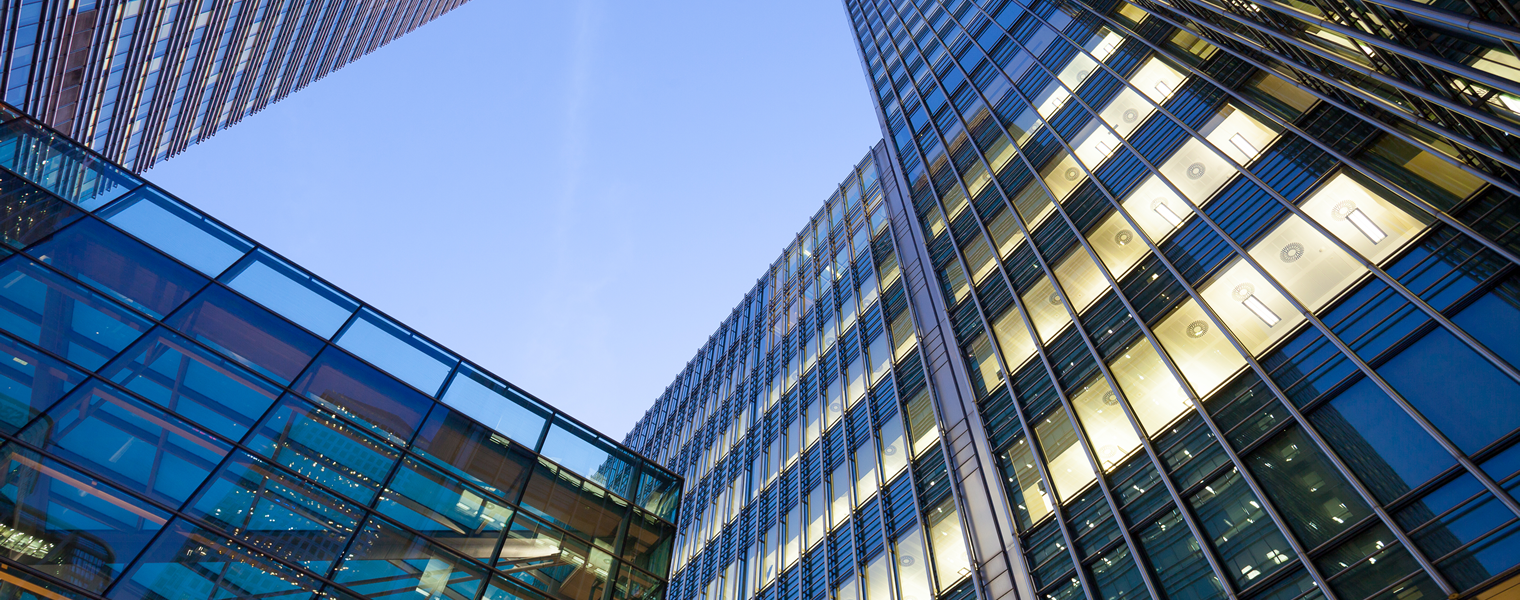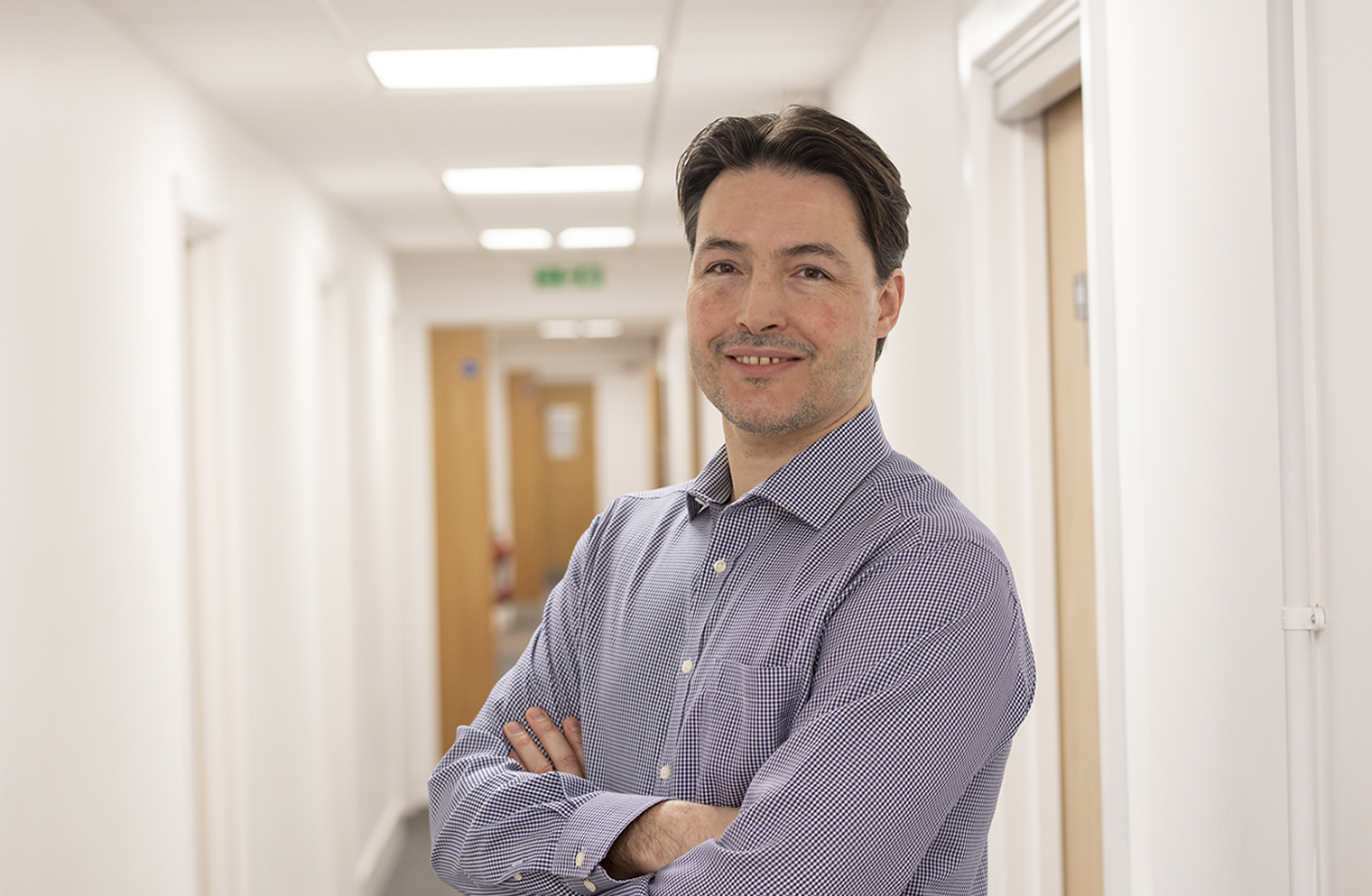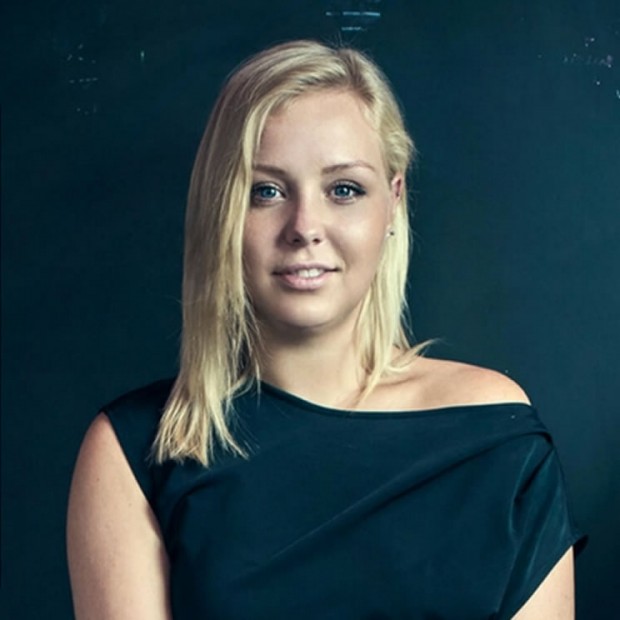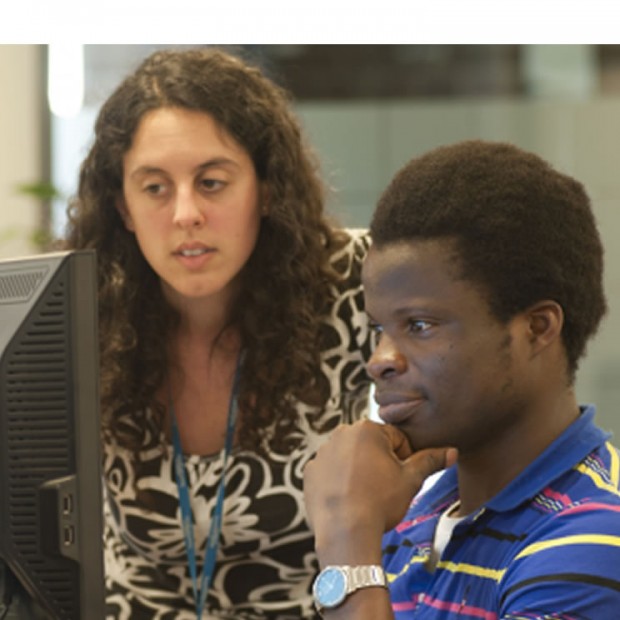Hartley News Online Your alumni and supporter magazine
Estimating that poor leadership and management costs the UK economy £84bn per year in lower productivity, the Chartered Management Institute (CMI) is taking positive steps to attract graduates to courses that address these skills. The introduction of its Senior Leader’s Masters Degree Apprenticeship (SLMDA) means that employers can now use the government’s Apprenticeship Levy to pay for executive education.
Southampton is currently one of only two Russell Group universities to be a registered provider of the SLMDA, with MBA students now able to benefit from the new Apprenticeship standard as well as accreditation for the CMI’s Chartered Manager qualification.
“I think the CMI have gone down precisely the right route, which is to focus on the actual behaviours that senior leaders should be able to apply in practice, rather than just focusing on theoretical knowledge and analytical skills, which are highly cognitive attributes,” says Dr Nuno Da Camara, MBA Director at the University. “By meeting the CMI apprenticeship standard we can show our commitment to developing knowledge that actually informs behaviour and leads to real changes in organisations.”
International experience
Under the new programme, to be launched in September 2018, students will benefit from a residential study trip in Netherlands and Belgium, visiting international companies in different sectors as well as the European Union institutions.
“The European study trip has always been very important to our international students who often return to their home market to work for companies that export to the EU. And, perhaps unexpectedly, Brexit has made the European study trip even more significant to our UK students, as it is crucial to remain aware of the requirements of such a large market on our doorstep,” says Nuno.
In the final taught module of the MBA, students also work in small teams and conduct a “live” consultancy project for an internationally-based client. As part of the project, students will spend a week with the client, conducting further research and doing presentations. The module focuses on leading sustainability, innovation and change, which, Nuno comments, are critical global issues:
The international consulting project is a great cross-cultural experience, and provides deep exposure to global businesses and the challenges they face.
Other eye-catching elements include personal coaching based on the idea of executive coaching, and work placement schemes for international students, who benefit from extended visa arrangements following the end of the course. One of the work placement schemes is run by alumnus Peter Charles at his London-based consultancy of the same name. “Peter got in touch as he wanted to reconnect with the University. He is also a regular guest speaker on change management,” says Nuno.
Maritime and entrepreneurship focus
For the first time, MBA students will have the option to follow specialist pathways in maritime and entrepreneurship. The Maritime pathway links to Southampton’s location as a maritime and port city and the University’s global maritime reputation. It will now be offering the only maritime MBA in the UK.
The second is on entrepreneurship, which again plays to the University’s strengths. Its SETsquared incubation centre is ranked the world’s top business incubator managed by a university (UBI Global).
“The University has a lot of companies that are developed on campus, and then incubated and moved to the Science Park. We want to link into those spinouts and that spirit of entrepreneurship,” says Nuno.
Changed outlook
The entrepreneurial spirit was certainly something that Adrian Fry (MBA 2018), manager in software development engineering at Cisco, sensed and thrived on while at Southampton.
“The sense of entrepreneurship was very much encouraged at Southampton. A friend who had done an MBA warned me that once you come to the end of it, you will realise you don’t want to be where you are now, and you will want to do something more engaging, and impactful. He was right.”
Networking power
Adrian made maximum use of networking opportunities while studying and continues to do so as an alumnus. The Executive Learning Partnership (ELP), half day workshops in which businesses and department members meet to collaboratively explore business problems, proved particularly fruitful.
“At my first Executive Learning Partnership event, I saw JP Morgan, Clipper, and RNLI and I realised that the networks I could be creating extended beyond those I was building inside the Business School. The School is very well linked in with lots of important businesses in the South and this is a good platform to engage with them.”
Adrian has spoken at subsequent Executive Partnership events and used that as a springboard for setting up his own part-time business based on presentations and consultancy work. The events have also helped shape his future career.
“One of the people I met through the Executive Partnership was a non-executive director recruiter. He helped position me for my first trustee role at Fairways, a fostering and residential charity. That is important as the next stage in my career is likely to be a non-exec director position,” says Adrian.
I come from a high tech background, and there are a whole load of sectors in which I have no visibility. The MBA has opened up doors in industries that I would never have been able to tap into.
“Before, I didn’t know what I didn’t know,” he concludes. “Now I know that I am no longer an engineering manager!”
If you are interested in assisting with work placements or case study models, or would like to get back in touch with the Business School, contact Dr Nuno da Camara at nuno.dacamara@soton.ac.uk
Find out more about our MBA programme




